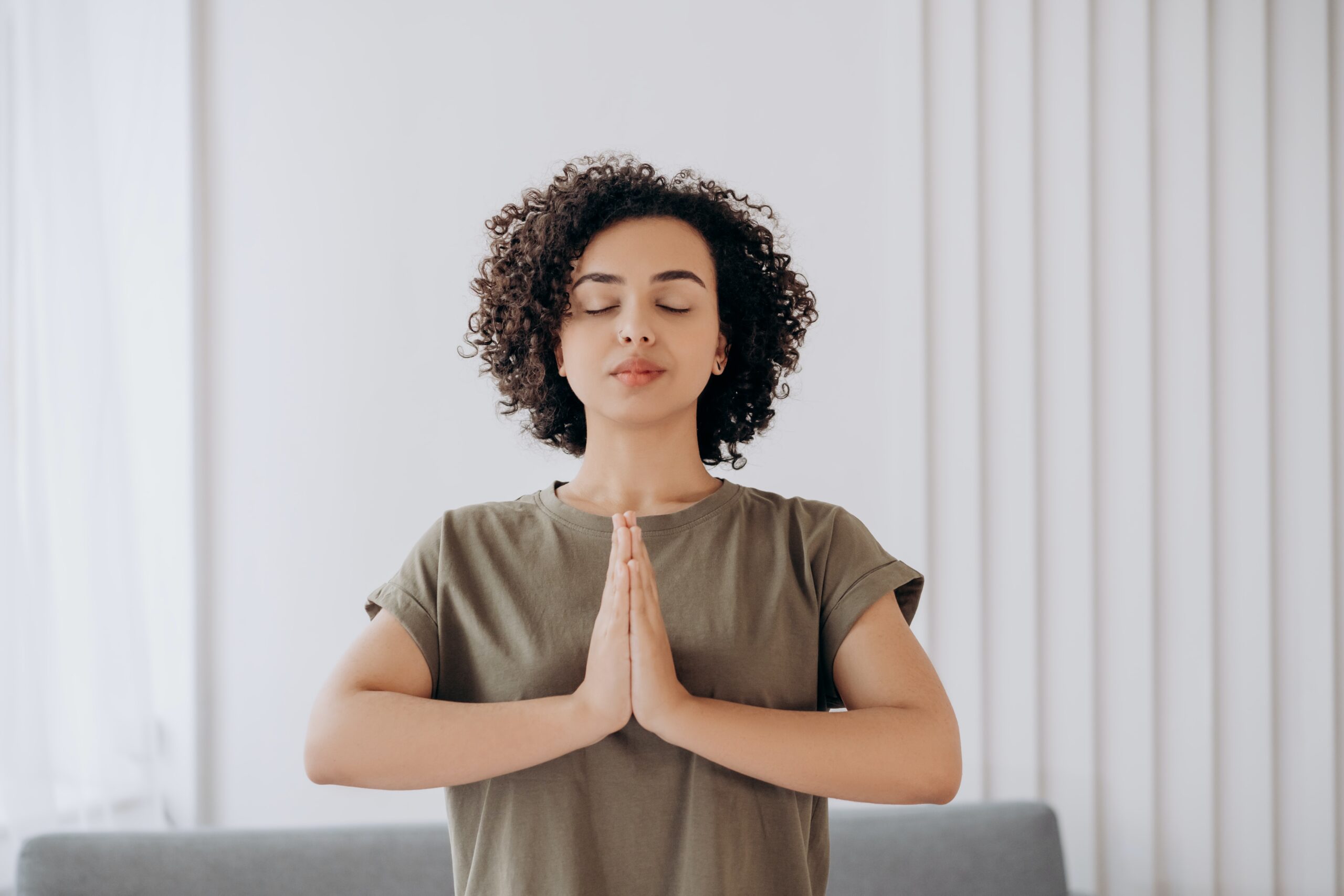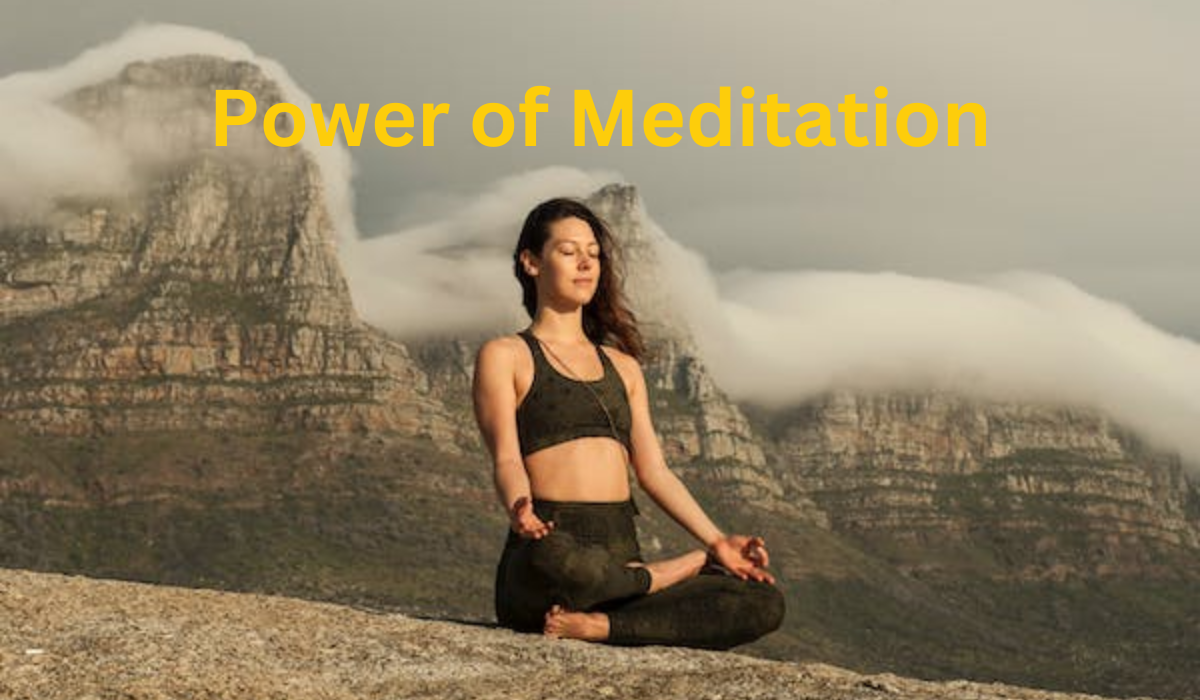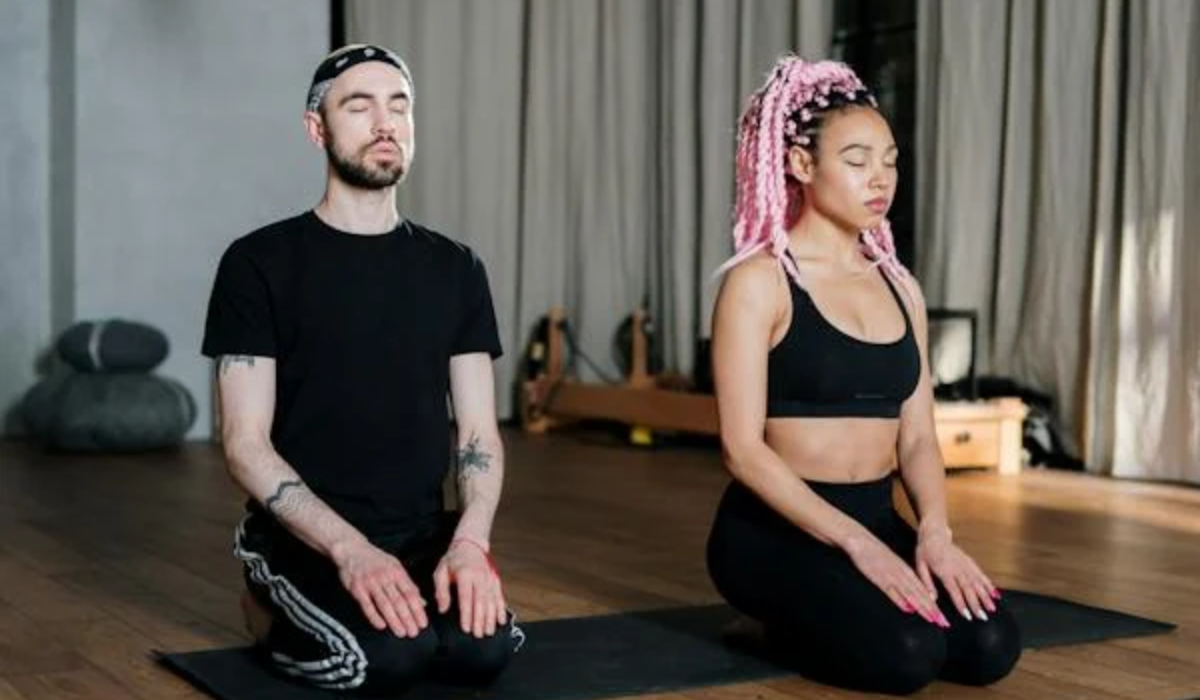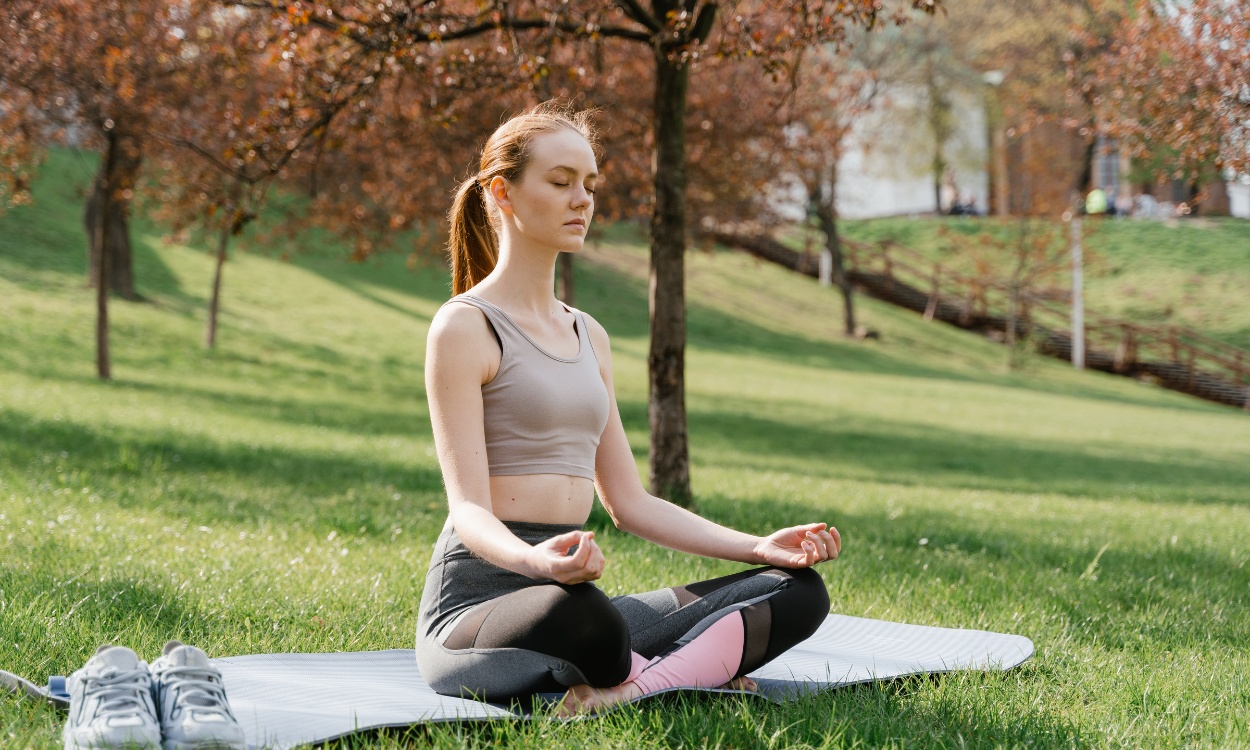
In the hustle and bustle of our daily lives, finding moments of calm and clarity is essential for our well-being. Meditation, often described as a journey inward, offers a pathway to tranquility amidst life’s chaos. In this Beginner’s Guide to Meditation, we’ll explore the art of mindfulness and provide practical tips to help you embark on your own journey toward inner peace.
Understanding Meditation
Meditation, our focal point, is a centuries-old practice with roots in various cultures and religions. It is an intentional and focused effort to bring attention to the present moment. By engaging in meditation regularly, individuals often experience reduced stress, increased self-awareness, and an overall sense of well-being.
Getting Started

1. Create a Quiet Space
Choose a serene environment free from distractions. Whether it’s a corner in your home or a peaceful outdoor spot, having a designated space for meditation enhances the experience.
2. Comfortable Posture
Sit or lie down comfortably. You don’t need a specific pose; the key is to maintain a position that allows you to relax without strain. Focus on your breath and let go of tension.
3. Breath Awareness
Concentrate on your breath. Inhale and exhale naturally, paying attention to each breath. This simple act helps anchor your attention to the present moment.
4. Start Small
For beginners, start with short sessions. Five to ten minutes a day is a great beginning. As you become more comfortable, gradually extend the duration.
Types of Meditation

1. Mindfulness Meditation
Focus on the present moment without judgment. Acknowledge thoughts and let them pass, bringing your attention back to your breath or a chosen focal point.
2. Loving-Kindness Meditation
Cultivate compassion by directing positive thoughts and well-wishes toward yourself and others. This practice fosters a sense of connection and empathy.
3. Body Scan Meditation
Progressively focus your attention on different parts of your body, releasing tension and promoting relaxation.
Overcoming Challenges

1. Restless Mind
Accept that thoughts will arise during meditation. Instead of resisting them, acknowledge and gently guide your focus back to your breath.
2. Consistency is Key
Establish a regular meditation routine. Consistency is more beneficial than sporadic, longer sessions.
3. Patience and Compassion
Be patient with yourself. Meditation is a skill that develops over time. Approach your practice with kindness and self-compassion.
The Power of Meditation

Regular meditation offers a myriad of benefits, both physical and mental. Studies have shown that it can reduce stress, anxiety, and symptoms of depression. Additionally, it enhances emotional well-being, improves focus, and even contributes to better sleep.
Incorporating Meditation into Daily Life

1. Morning Routine
Begin your day with a short meditation session. It sets a positive tone and can influence your mindset throughout the day.
2. Mindful Breathing Breaks
Incorporate brief moments of meditation during the day. Pause, take a few deep breaths, and center yourself before proceeding with your tasks.
3. Evening Reflection
Wind down by reflecting on your day through meditation. This practice aids in letting go of stressors and promotes a restful night’s sleep.
Conclusion
In conclusion, meditation is a transformative journey that anyone can embark upon. By integrating mindfulness into your daily life, you can unlock the door to inner peace and heightened well-being. Remember, consistency and patience are key as you cultivate this valuable skill.
Embark on your meditation journey today, and discover the profound impact it can have on your life.
Incorporate this timeless practice into your routine, and witness the positive changes unfold. Start your meditation journey now, and let serenity become a constant companion in your life.
Stay with Giglyboo! Keep supporting.








